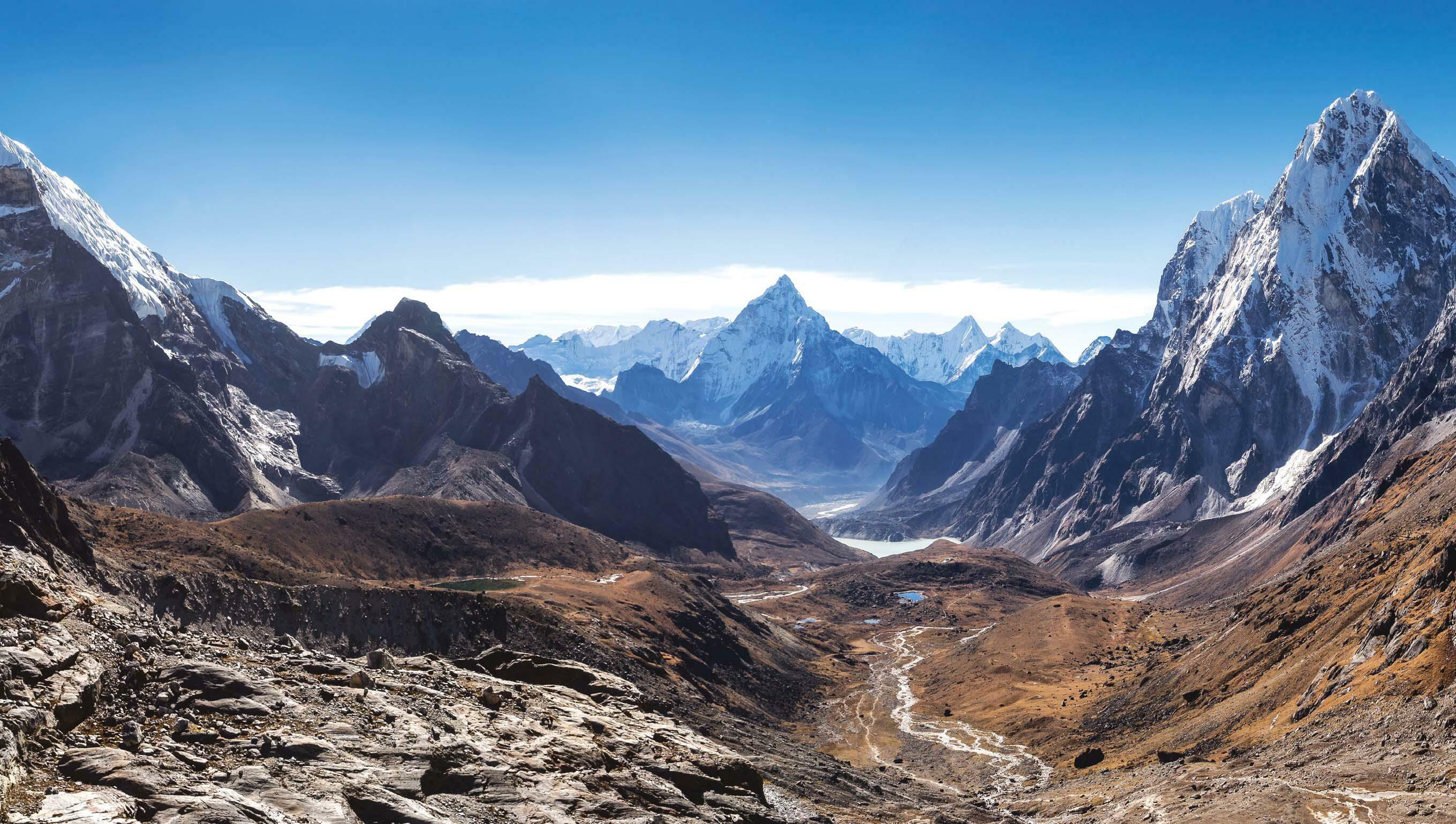
Life has been swimming, flying, crawling and growing on this planet for more than three billion years. Humans have only been spreading out across the world over the last 200,000 years. Yet in this short stretch of time, people have reached almost every corner. Join us as we go in search of the worlds’ emptiest, wildest areas.
What is a wilderness?
A wilderness is a place that is still untouched by humans. To most scientists, this means not only that no one lives there, but that the habitat is free from human impact – the unique mix of plants and animals that grow there is not influenced by people.
Wildernesses are also zones that people protect to preserve the unique ecosystem (the community of living things and their environment) and keep it wild. Dave Foreman, an environmental scientist, calls them a “self-willed land” – an area where what happens is due to nature alone, and not people.
Where the wild things are
It’s hard to find places with no trace of human activity. It wasn’t always this way of course – a thousand years ago there were only 310 million people on the planet. Today there are more than 8 billion. Scientists estimate that 77% of all land and 87% of the sea has now been changed by human activity. So, where are the world’s last remaining wildernesses?
This story is from the Issue 71 edition of The Week Junior Science+Nature UK.
Start your 7-day Magzter GOLD free trial to access thousands of curated premium stories, and 9,000+ magazines and newspapers.
Already a subscriber ? Sign In
This story is from the Issue 71 edition of The Week Junior Science+Nature UK.
Start your 7-day Magzter GOLD free trial to access thousands of curated premium stories, and 9,000+ magazines and newspapers.
Already a subscriber? Sign In

Are cats smarter than dogs?
They're the UK's top pets, but which is more intelligent? You decide!

Could people turn Mars into another Earth?
Sven Bilén explores how humans might make a home on another world.

FUNNY BY NATURE
Claire Karwowski tracks down the wackiest wildlife that's cracking up the animal kingdom.

WEIRD SCIENCE
A round-up of the strangest science stories from around the world.

Guardians of the forest
Meet the incredible people protecting the Amazon rainforest.

The Mariana Trench
Dive in to find out how far down the ocean goes and what it's really like at the bottom.

Megan McCubbin
Meet the zoologist trying to change people's views of animals with a bad rep.

MAX POWER
From the second you wake up in the morning, your way of life is made possible thanks to the amazing power of electricity.

Your heart has a "brain"
New research by scientists at Sweden, and Columbia University, in the US, suggests that your heart could have its own \"mini brain\".

Ethiopian wolves could be furry pollinators
Sweet-toothed Ethiopian wolves have been seen lapping up nectar have been seen happing up nectar from red hot poker flowers.